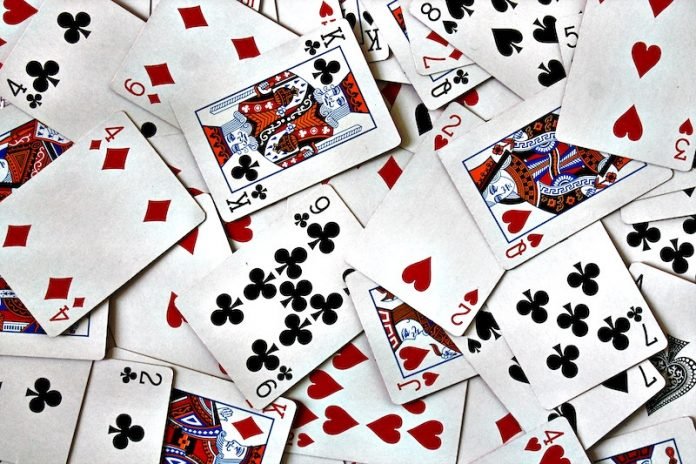
In a new study, researchers found that people who play games—such as cards and board games—are more likely to stay mentally sharp in later life.
Those who regularly played non-digital games scored better on memory and thinking tests in their 70s.
The study also found that a behavior change in later life could still make a difference.
People who increased game playing during their 70s were more likely to maintain certain thinking skills as they grew older.
The research was conducted by a team at the University of Edinburgh.
The team tested more than 1000 people aged 70 for memory, problem-solving, thinking speed and general thinking ability.
The participants then repeated the same thinking tests every three years until aged 79.
The group was also asked how often they played games like cards, chess, bingo or crosswords—at ages 70 and 76.
The researchers used statistical models to analyze the relationship between a person’s level of game playing and their thinking skills.
They also considered lifestyle factors, such as education, socio-economic status, and activity levels.
The team found that people who increased game playing in later years experienced less decline in thinking skills in their seventies—particularly in memory function and thinking speed.
The findings help to better understand what kinds of lifestyles and behaviors might be associated with better outcomes for cognitive health in later life.
The study may also help people make decisions about how best to protect their thinking skills as they age.
The study is published in the Journals of Gerontology Series B: Psychological Sciences.
Copyright © 2019 Knowridge Science Report. All rights reserved.



